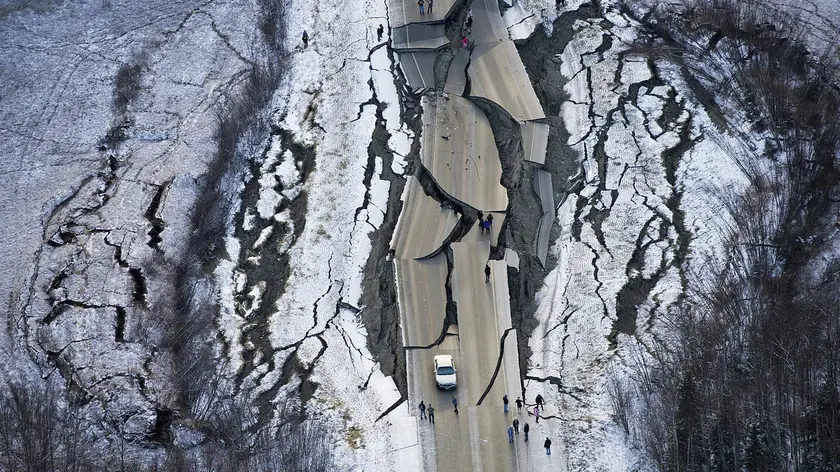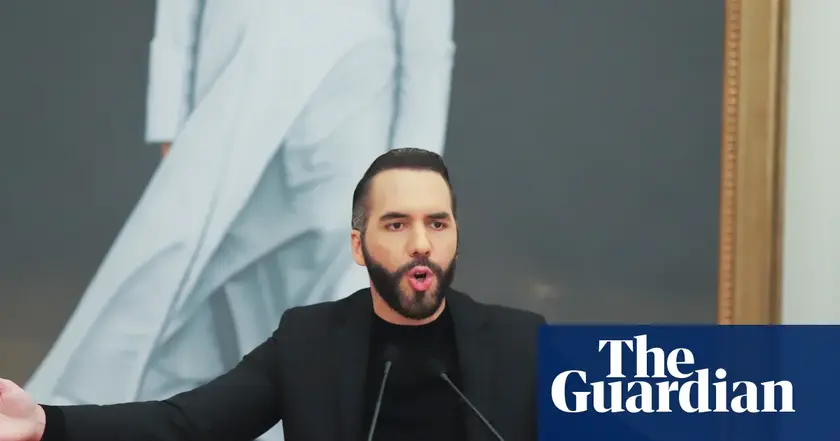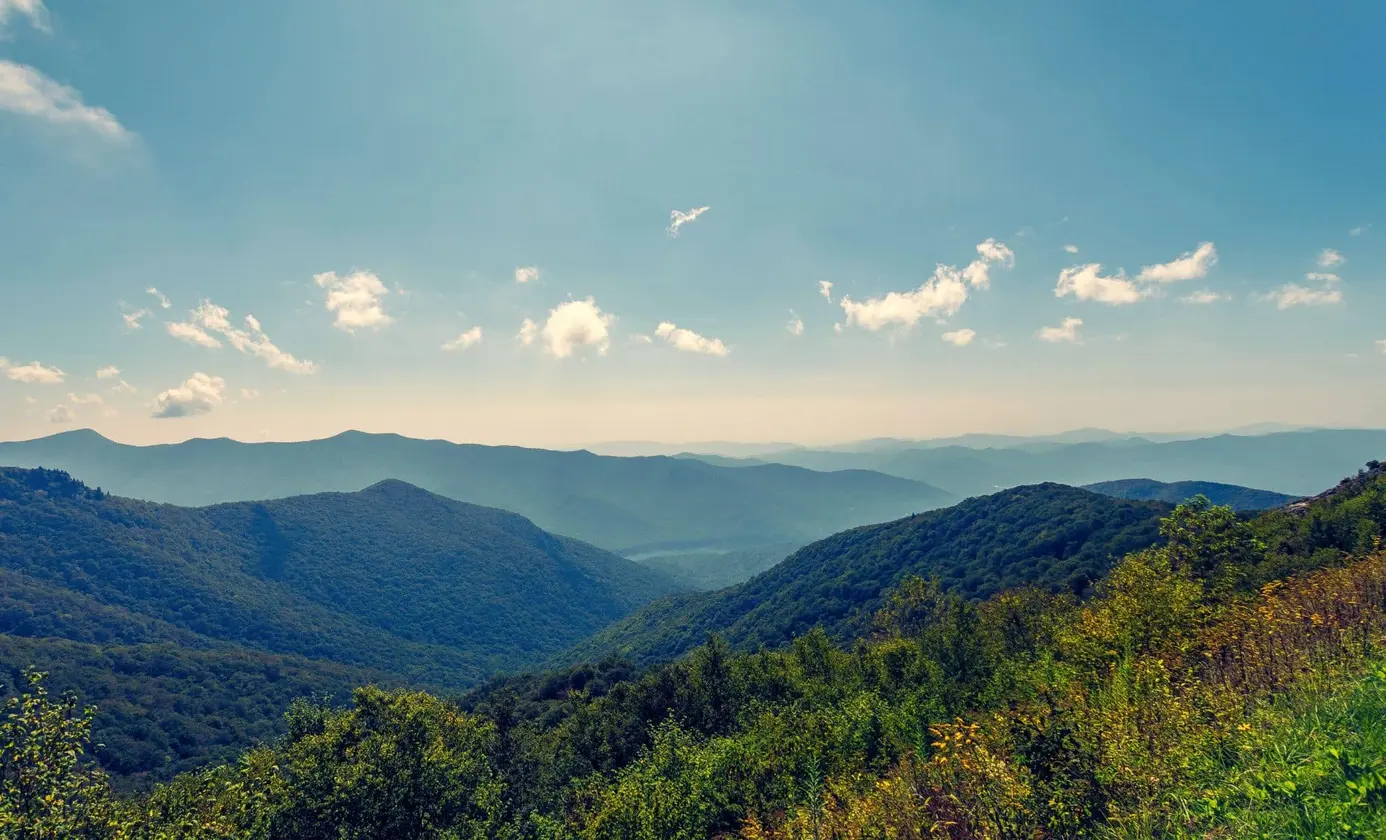T4K3.news
America edges toward authoritarianism
A new documentary about Russias press crackdown echoes in current US media culture, offering a stark warning about the fragility of free speech.

A critical look at a documentary about Russias press crackdown and its echoes in the United States.
America edges toward authoritarianism
Slate reviews Julia Loktev’s My Undesirable Friends Part I Last Air in Moscow, a five hour documentary that follows TV Rain and other journalists as Russia tightens foreign agent rules and presses them to reveal finances and loyalties. Loktev shoots largely on iPhones, creating intimate scenes that reveal fear and pressure without heavy narration. The film shows how ordinary life and political danger blur together, with journalists facing fines or exile while they try to keep reporting.
The review notes the documentary’s parallels to American media in a time of partisan divisions and corporate consolidation. It argues the film offers a warning: a society can look normal while its institutions drift toward repression. The characters debate whether to stay and document the truth or leave to preserve their work, a choice that echoes real concerns in many democracies today.
Key Takeaways
"The world you’re about to see no longer exists"
Opening narration cited in the piece
"Part of the authoritarian attempt is this sense when you’re living through it that life continues to look normal around you"
Loktev on daily life under pressure
"What do you do when you live in a country where your government is doing terrible things, and how do you continue to function as the opposition in that country?"
Mironova’s question during interviews
"Just be together"
Mironova’s advice to colleagues
Loktev’s intimate approach uses small, quiet moments to show how fear can harden into routine. The absence of heavy captions and the choice to identify people by nicknames pull viewers into a world where risk feels close. The film becomes less a politics lesson and more a study of community, resilience, and the limits of dissent.
For American audiences, the film acts as a mirror rather than a map. It invites scrutiny of domestic pressures on the press, the lure of normal life under coercion, and the pull toward exile as a form of protest. Defending journalism, the piece suggests, requires more than sympathy; it requires action, solidarity, and norms that push back against the normalization of suppression.
Highlights
- Normal life and authoritarianism walk side by side
- Exile is a record not a retreat
- Tell the truth now or the future will not forgive us
- Just be together
Political sensitivity risk
The documentary links Russia’s press crackdown to broader questions about democracy and press freedom, which could provoke political debate and backlash in the US and abroad. Framing parallels with domestic media environments may invite scrutiny from policymakers and media groups.
The fragility of truth demands more than pity; it requires sustained public backing and practical safeguards.
Enjoyed this? Let your friends know!
Related News

Trump pushes toward dictatorship after 200 days

Ancient mantle advances Toward New York

Global power realignment under way

Mantle Blob Beneath New Hampshire Shapes Appalachians

Hidden earthquake risk discovered under North America

Mantle blob may shape future Appalachians

Intel stock rises on SoftBank investment

El Salvador scraps presidential term limits allowing Bukele to seek unlimited terms
